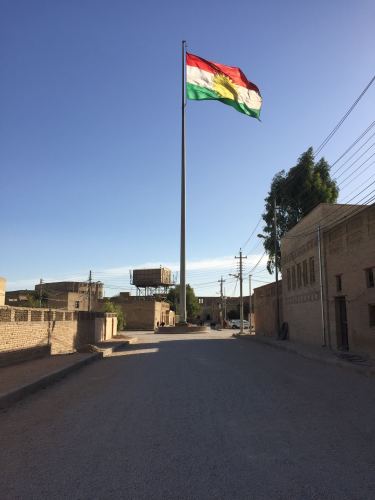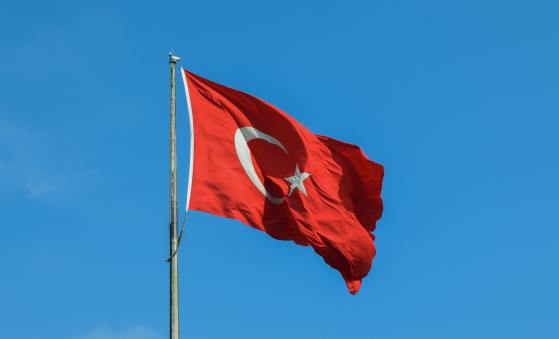
Two historic churches in Mosul, Iraq, have officially reopened after extensive restoration, nearly ten years after their destruction during the occupation by the Islamic State (IS) group. The reconsecration ceremonies marked a rare moment of renewal for the city’s small remaining Christian community.
Local residents, clergy, and international representatives gathered on Wednesday to reopen the Church of Saint Thomas, a Syriac Orthodox site dating back to the seventh century, and the Chaldean Catholic Church of Al-Tahira, also known as “The Immaculate.”
Fadi, a 27-year-old Christian from Mosul who worked on the restoration, told Vatican News that the reopening was “a sign of hope.” He added, “It shows the Christians living abroad that things are better here now, that they can move back home.”
Both churches are located in Mosul’s Old City, which was under IS control from 2014 to 2017. During that period, the Church of Saint Thomas was used as a prison, and Al-Tahira was bombed and left in ruins.
Restoration began in 2022 under the “Mosul Mosaic” programme led by the Aliph Foundation, an international organisation dedicated to protecting heritage in conflict zones. The work was carried out with Iraq’s State Board of Antiquities and Heritage and managed by the Paris-based Catholic charity L’Oeuvre d’Orient, with guidance from France’s National Institute of Heritage.
According to Zenit, Mosul’s Christian population, once around 14% of the city, has fallen to fewer than 60 families in a city of almost two million.
“These churches are not just stones. They are the memory of faith, history, and community,” said Archbishop Najeeb Michael Moussa, the Chaldean bishop of Mosul, following the ceremony. He added that the restoration showed how “faith can be wounded but not extinguished,” and that each bell ring “calls not only the faithful, but the future.”
Before reconstruction began, teams cleared landmines and explosives from the sites. Among the features restored was the 13th-century alabaster door of Saint Thomas, carved from local marble known as farsh, depicting Christ with the twelve apostles.
New church bells, cast by the Cornille Havard foundry in Normandy, the same foundry that restored the bells of Notre-Dame de Paris, now ring across Mosul once again. The inscriptions read, “The truth will make you free” and “Peace I leave you, my peace I give you.”
The Church of Saint Thomas was reconsecrated in an Orthodox ceremony, while Al-Tahira was rededicated the following day in a Catholic ceremony. A joint secular inauguration marked the official public reopening of both sites.
The reopening of Al-Tahira was presided over by Patriarch Louis Raphaël Sako, head of Iraq’s Chaldean Church. He was joined by Syriac Orthodox Patriarch Mor Ignatius Aphrem II, Iraq’s Minister of Culture Ahmed al-Badrani, Nineveh Governor Abdul Qadir al-Dakhil, French Ambassador Patrick Durel, and representatives from UNESCO and L’Oeuvre d’Orient.
Patriarch Sako described the event as “not merely about restoring stones, but about restoring trust, a message of peace and hope for the people of Mosul and all Iraq.” He recalled that Mosul once had 13 Chaldean churches and three monasteries, most now abandoned, and reminded those present that the city “was a Christian stronghold long before the arrival of Muslims at the end of the seventh century.”
He called for mutual trust and national unity, warning that “extremism and sectarianism can never build a state or peace.” He urged that Christians in Iraq must be able to live with full and equal rights under a coherent legal and political system.
In a pointed comment directed at the Iran-backed Babylon Movement, a militia-linked political group, he stated: “We Christians have no militias, and if such groups exist, they have nothing to do with Christian ethics, and we do not recognise them.”
Mar Toma (Saint Thomas) is believed to stand on the site where the Apostle Thomas stayed on his journey to India, while Al-Tahira is said to commemorate a Marian apparition that protected Mosul from Persian invaders in 1743. Both churches have long symbolised unity between Christians and Muslims in the city.
Adapted from The Christian Post.




